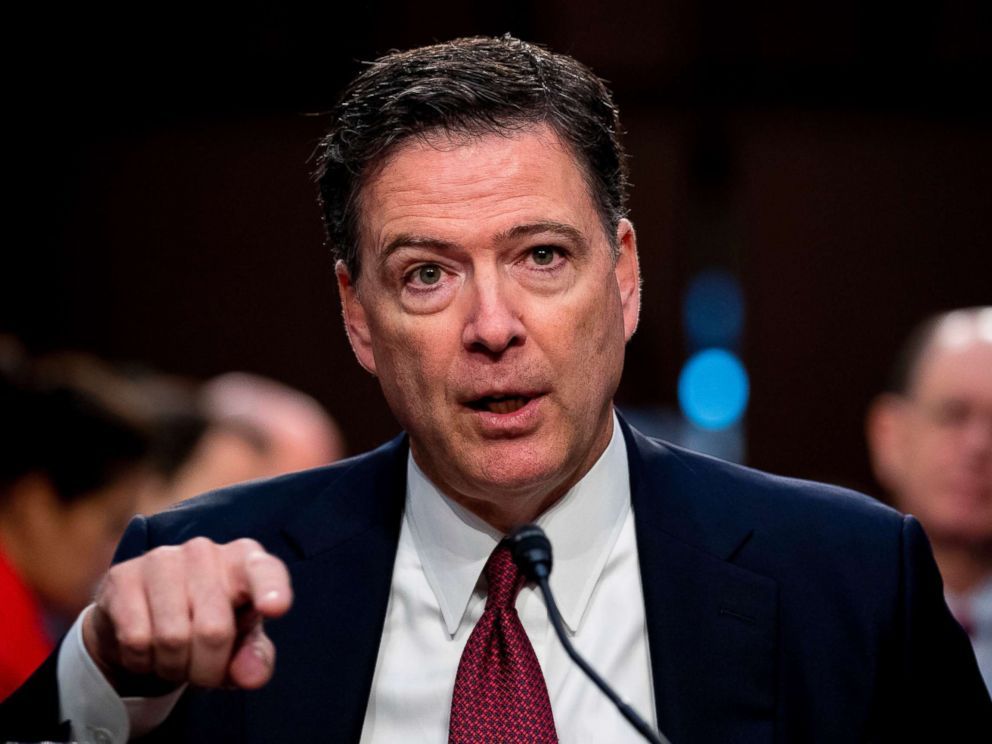The federal courts do not usually throw penalty flags on prosecutors, so when a magistrate judge steps in and suggests the government may have tainted a grand jury, you know something is seriously off. That is exactly what happened after Magistrate Judge William Fitzpatrick took a hard look at the criminal case against former FBI Director James Comey. He ordered prosecutors to hand over secret grand jury materials to Comey’s defense, a remedy judges almost never grant. When the court starts saying words like government misconduct, it stops being a routine case and starts looking like yet another example of the justice system getting tangled in its own mess.
Fitzpatrick admitted the move was extraordinary, but said the defense raised fact based concerns serious enough to justify it. He went through the grand jury records himself before concluding that something in the process did not smell right. The indictment was returned on September 25 and signed by prosecutor Lindsey Halligan, who was appointed under Attorney General Pam Bondi. The charges include false statements and obstruction of Congress. But now there is a real chance those charges might get tossed before the case ever reaches trial.
According to Fitzpatrick, there were procedural errors all over the place. One of the big red flags was the government’s timeline. Halligan said her last communication with the grand jury came at 4:28 p.m. while they were still deliberating. Records show that the panel rejected one count, causing prosecutors to scramble and prepare a new indictment. Yet the file included no record of the initial vote, no notes, no deliberation history and no details about how the revised charges were handled.
Then there is the clock. Fitzpatrick politely pointed out that the time span between the rejected count and the appearance of prosecutors in court with a brand new indictment was far too short for everything that supposedly happened. As he put it, the window of time was not enough to draft the new indictment, sign it, present it to the grand jury, give them legal instructions, allow them to consider it, and then have them vote. Anyone who has ever watched bureaucrats work knows they cannot accomplish anything that fast, especially when paperwork is involved.
Fitzpatrick also found that Halligan made two major legal misstatements while addressing the grand jurors. One implied Comey might have to testify at trial to explain his innocence, which is not how the Fifth Amendment works. The other suggested the grand jury could assume the government had extra evidence it never actually presented, which is the kind of thing that erases the point of a grand jury in the first place.
The judge summed it up by saying the record showed a disturbing pattern of investigative missteps by both the FBI and the prosecution team. Considering Comey spent years lecturing Americans about integrity, watching the case against him wobble this badly is an irony nobody can miss.


Leave a Comment